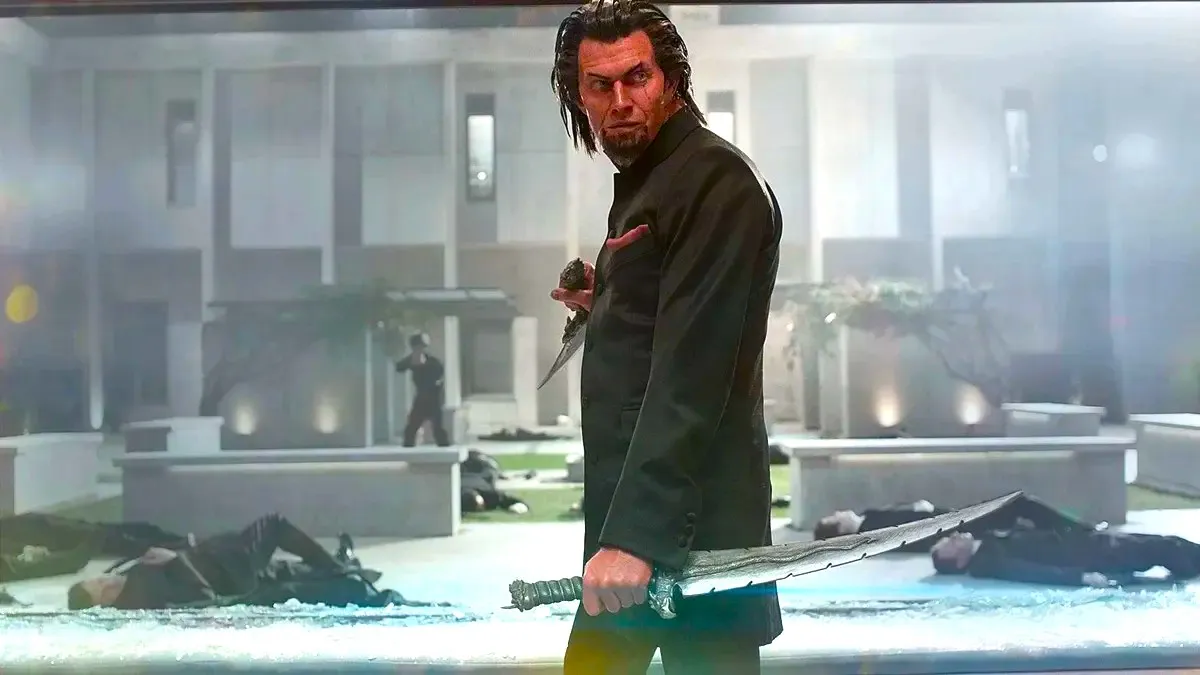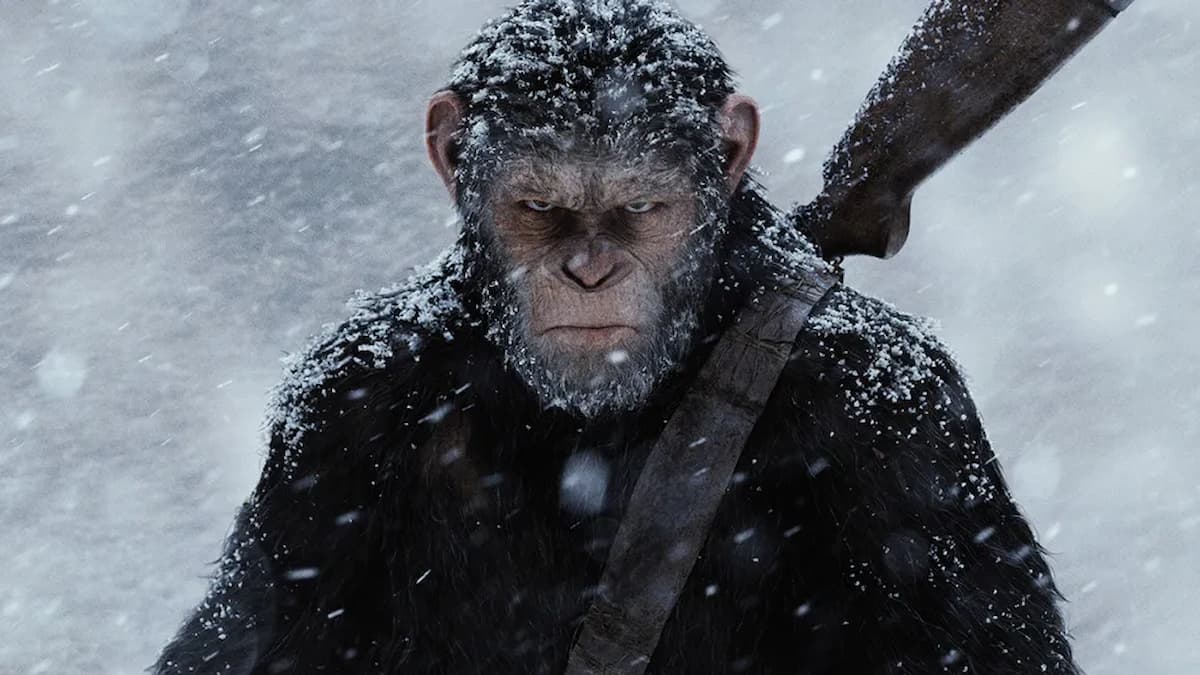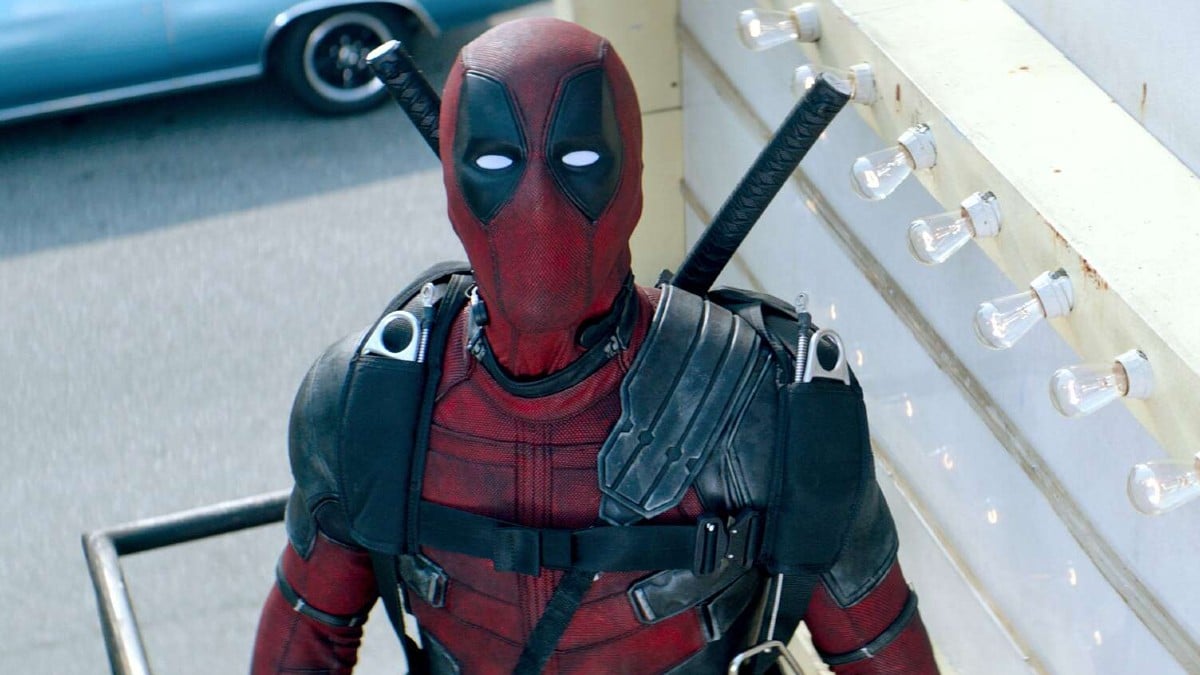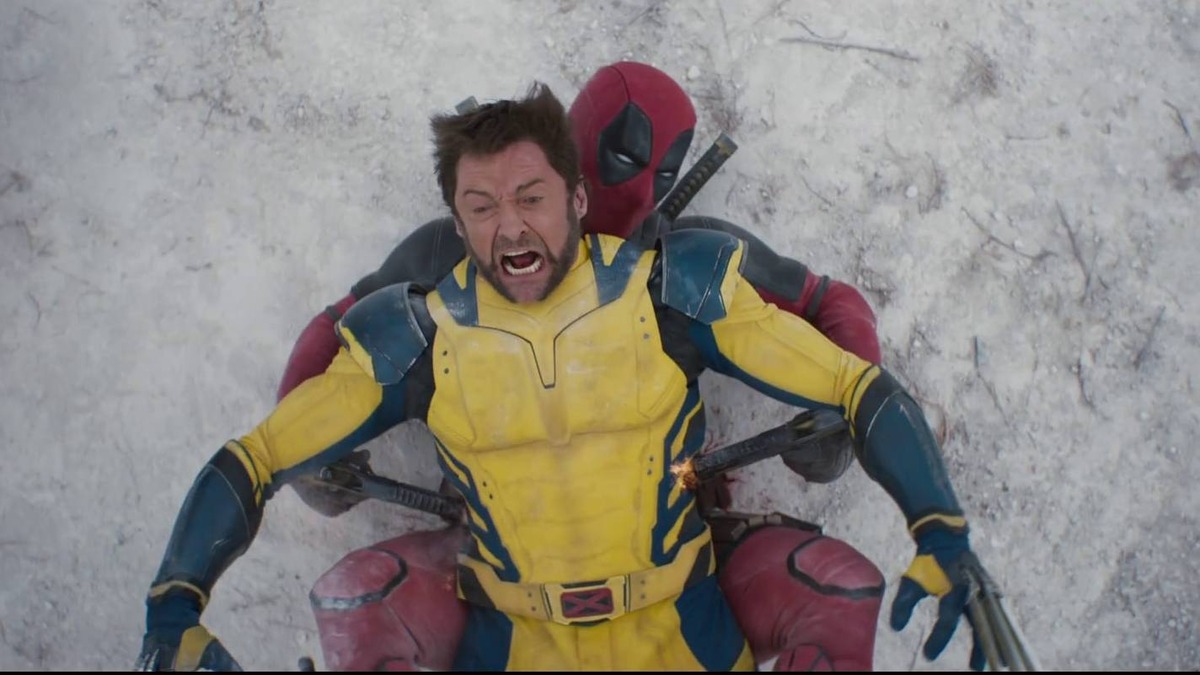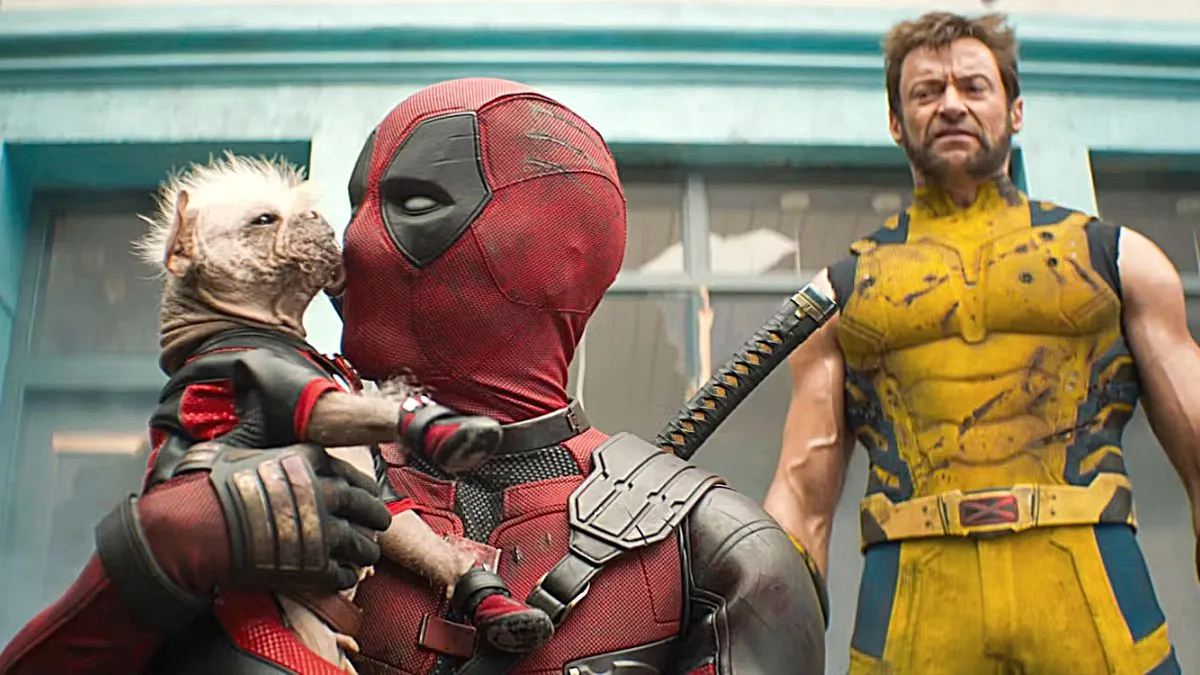
Danny Says is a rock doc that doesn’t focus on a single musician or band, but rather a man who was behind the scenes, influencing many of the greatest groups of the 20th century. That man is Danny Fields, who worked with The Doors, The Velvet Underground, The Ramones, and many others. The film tells of the lives of those he was close with and how his life shaped the music landscape of the time.
After the film’s premiere at South By Southwest, we had a chance to sit down with the man himself, Danny Fields. We talked about getting the project started, his hesitations, the changing industry and much more. Check out the full interview below!
How’d you first meet Brendan?
Fields: Brendan was at this extremely elite college that was basically three other colleges taking out gifted students. He was going out with this girl whose grandmother worked with my partner in New York. This guy who was my partner managing The Ramones. She and another woman were involved trying to sell a house that belong to music and movie mogul David Geffen. She introduced me. I met this older woman. Her granddaughter was dating Brendan. She told me he does music and blah blah blah and he had this thing. All things happened on this chain. You don’t see them happening when they’re happening. Yesterday I was telling someone that I always say he was going out with this girl and I knew her grandma, but now I can say I knew her grandmother because she was working with my partner who knew Seymour Stein when we were managing The Ramones together. And she was working in a real estate office in this town in East Hampton trying to sell a house. That was the connection to Brendan. That’s showbusiness.
Were you hesitant about the documentary when it first came up?
Fields: Yeah. Early on I said I wanted to have no part in the making of it. I didn’t want to track the making of it. I didn’t want to see the shots. I didn’t want to hear what this person said. I didn’t want to know the things people were talking about. The whole nature of what he’s doing, it’s his movie. Let it be his movie. If I was involved it would be changing. I’m such a controller. I’d be looking over his shoulder.
With the music industry, people can release more today than ever. Do you think that’s a good or bad thing?
Fields: Well, some things are missing that I had learned how to work with and knew how to work with. Some things that have taken their place, well, the need or the function doesn’t disappear. Like keeping time. We’ve moved past an old grandfather clock. That function still has to be done. I was in the age of radio. That was the sound. I always wondered, if you don’t dance, what do you look at when your music is playing? What do you do? We used to have the album covers at least. There became all these great looking bands. It was hot and sexy and everything was a show. We started doing shows maybe because radio became television and everyone wanted to be there.
But do I think that the new ways make it easier or better? You can’t talk about the passage of time and quality without saying it was better or worse, right? It’s like Polaroids. The disappearance of the 600 Polaroid. Everyone who works in communication or media should see this movie. Time Zero. It’s about the last years of Polaroid and the importance of that sound when it came out. It’s more than that. It’s the loss of a way of life. In that case, it’s a worse situation. If you’re a photographer, I’d say things have gotten a lot worse. If you’re a performing musician, I’d say things have probably gotten better with Youtube and videos and providing sound bytes.
Music is a song. When it’s about music it’s a song. Careers, everything, it has to start with a song. For me, it always started with a song. At last the song became the music business. It’s about promotions and callers and radio stations. Adding your records to the playlist. Star charting and sales. The year I started, 66, it became a billion dollar industry for the first time. The first time in history that the sales in recordings, calculated for inflation, crossed one billion dollars. That’s incredible, but now, a movie, that’s a billion. Then it started getting richer and richer and things were measured by “ka-ching!” That moved further and further away.
They would fly us to Europe for a weekend first class to see a band that they bought or who were going to release a record in three months. Hawaii for someone’s wedding. Always first class. Nobody paid for food. We were just wining and dining. Every night there was something to celebrate. That was the music industry.
To me, Napster was incredible. There was a court of Appeals decision in California that the copyright had prevailed and Napster was doomed. For three weeks I did nothing but download everything I had ever loved. My whole life that was recorded. I had to have every record of everyone we saw. I did it for weeks and weeks. It was like studying for finals or something. So intense. Then they started having little old ladies arrested because they’d have their nephew over for the weekend and he’d download something on their computer. They just missed the future. My memories of the record companies is like shaking them. They wanted me there for that, but there’s always going to be pushback. That was the relationship. These people have trainers and secretaries and now documentarians. Walking around with an entourage. Even an entourage member has a chance of not just rubbing off, but becoming like the most famous dwarf and doing something.
Have you watched the movie yet?
Fields: I watched it for the first time last week. I just wanted to make it clear that I did not want to be following production. And then he interviewed over 50 close friends, and I wanted no part of that because then they could ask, “Have you seen it? Am I in it?” And I certainly wanted no part of that. Most people have actually seen it already and know if they’re in it. One person exploded at Brendan at a screening. That’s her thing in life though. She went up to me asking, “How come I wasn’t in it?” I said, “It’s not my movie! Talk to him.” Did you see it?
Yup last week.
Fields: These are things I didn’t know. Like who knew that Iggy Pop climbed into my hotel window and stole my cocaine. I learned that from the movie. I remember that something was missing from that shelf. It was wrapped in a beloved cashmere sweater and they were both gone. Now that I know, next time I see him I’ll be able to say, “You stole my drugs? First of all, you came in my fucking bathroom window at the Tropicana? That was on the third floor!” Iggy climbing up the back of a motel on Santa Monica Boulevard. Holy shit. I learned.
Some people came up to me and said, “I spoke to your movie guy.” And I’d think, “Oh, that’s good. Of course he wanted to talk to you.” That’s what he does. Before I came here to talk to you and your colleagues, I was hesitant. For a few reasons. It was not a collaboration. It’s his movie. It’s a movie festival. But, it’s also an overlap of a famous music festival. There’s a lot of marquee names in the movie. They’re still the stars. They’re the stars of my life and the stars of this movie but I’m sort of the narrator. The story teller.
He was scrupulous. Coming at it from all angles. When I saw it I couldn’t believe some of the things he got. I saw it and now I can start talking to him about it. I didn’t want to watch it alone, so there was a guy working with Brendan on the movie. His first name is Kale. His parents named him after John Kale. How cool? He worked on it for a little so he knew a bit about it. So I watched with him and someone who was named after John Kale is watching this thing. I originally denied wanting to see it. To come here, which is so famous, for a world premiere. He did so much work for me. Going through all the filing cabinets and scanning stuff. Way better pictures than what I’ve got. He knows more about my life than I do now.
That was the deal, I’d stay away. I stayed away until I had to come. And I’m talking to you and you would’ve seen it so that would be pointless to talk about if I hadn’t seen it. I wanted to be seen here with him briefly. The only interview we did together was for the SXSW videoblog. It was listed as he’s the filmmaker and I’m a music exec. And I was like, “Is anybody going to read this out loud? Because I’m a music non-exec.” But you can’t say that. That’s negative. So I said just say music business.
I have to tell you, there’s only one thing I saw that distressed me. It’s when it seemed like it was dismissive of Johnny and Edgar Winter. I made fun of them. It sounded like I was filled with hate, but it was really just a dig at their manager, one of my best friends. I was working for him. It’s in the movie, I say, “Not those Texas albinos.” I think that was… I want to say, right now I’m in Texas, I’ve been here before. I’ve loved people here. I thought I couldn’t face an audience here. I didn’t want to. The first thing I would have to do is apologize. That’s the fucking last thing I wanted to ever have to do about this movie. I thought I’d be talking about making fun of Jim Morrison, but then Johnny Winter goes and dies. And there I’m using the word Texas as a pejorative adjective. “Those Texas albinos.” I called him and said, “Can you get that out? Can you just bleep it?” He couldn’t do it. It was too late. I regret that. That’s your news. I haven’t said that to anyone. It’s cringy. Geographic disrespect is as disrespectful as racial disrespect or disrespecting someone’s DNA. Poor Texas. I can’t think of Texas without thinking of Giant. What a great movie. Never want to say anything bad about Texas.
That concludes our interview, but we’d like to thank Danny for taking the time to talk!


